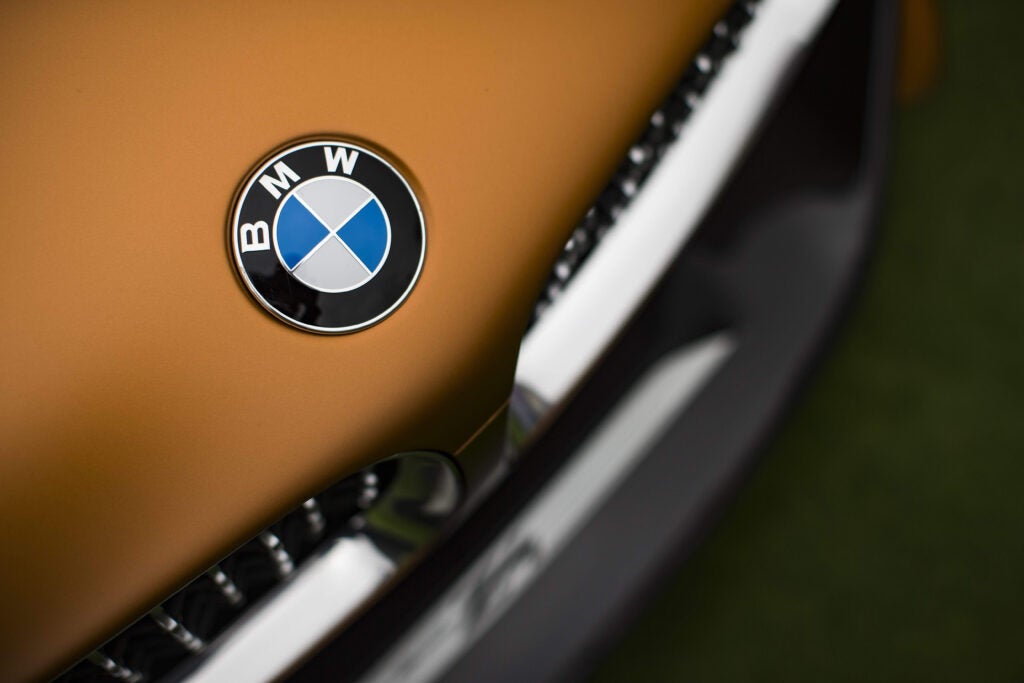The German government has decided to cut subsidies offered on electric vehicles as the growing number of battery-powered cars makes them unnecessary.
Government sources told Reuters that once an allocated sum of €3.4bn is spent from the next two years’ budget, the subsidy scheme will stop.
“E-vehicles are becoming more and more popular and will no longer need government subsidies in the foreseeable future,” German Economy Minister Robert Habeck was quoted by the publication as saying.
As per the plan, the incentive for fully electric-powered cars priced below €40,000 will be reduced to €4,500 at the beginning of 2023 from the current €6,000. Following that it will be cut to €3,000.
For vehicles with a price tag of more than €40,000, from next year, the subsidy will drop to €3,000 from the current €5,000.
Government offers no subsidy on cars priced at more than €65,000 and the scheme will apply to cars priced at €45,000 or above from 2024.
How well do you really know your competitors?
Access the most comprehensive Company Profiles on the market, powered by GlobalData. Save hours of research. Gain competitive edge.

Thank you!
Your download email will arrive shortly
Not ready to buy yet? Download a free sample
We are confident about the unique quality of our Company Profiles. However, we want you to make the most beneficial decision for your business, so we offer a free sample that you can download by submitting the below form
By GlobalDataOnly private customers will benefit from the scheme because it will not be applicable to company cars.
Incentives for plug-in hybrid cars are also set to be axed at the end of the year.
“For the forthcoming funding phase, we are placing a clear focus on climate protection and are concentrating funding on purely battery-electric vehicles,” the minister said in a statement.
Currently, there are more than 600,000 EVs in Germany and in 2021, their sale almost doubled to 328,000, partially due to the government scheme.
Last month, the UK government decided to axe the subsidy for new EVs to focus on other areas in the EV space.







